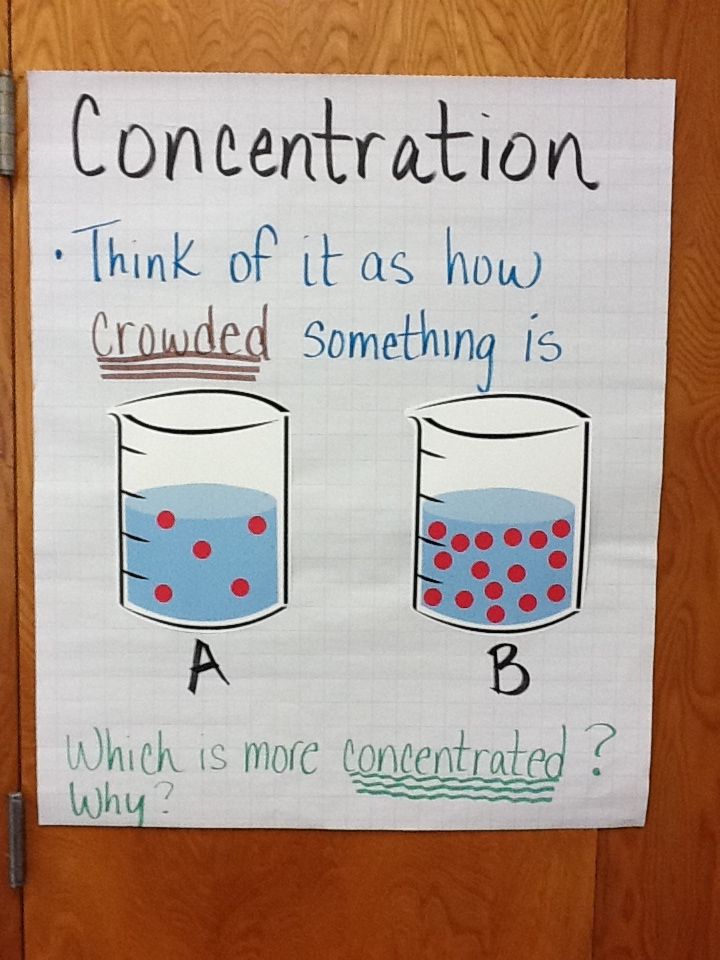Societal Sentiments After World War I: Disillusionment, Change, and the Search for Meaning
Introduction: The Impact of World War I on Societal Outlook
The conclusion of World War I in 1918 marked not just the end of unprecedented global violence, but also the beginning of a profound transformation in how societies across the world perceived the 20th century. The war’s aftermath was characterized by a complex blend of disillusionment , cynicism , and a search for new meaning. These feelings were not confined to Europe but resonated globally, leading to cultural, political, and social shifts that defined the era [1] . In this article, we delve into the prevailing sentiments, explore their manifestations, and provide guidance on how individuals today can access further resources to better understand and engage with this critical historical period.
Section 1: Widespread Disillusionment and Cynicism
The aftermath of World War I was marked by a deep sense of disillusionment . Many people felt betrayed by the promises of progress and civilization that had dominated pre-war thinking. The immense human cost-millions dead or wounded-and the devastation of entire regions led to a loss of faith in traditional authorities and ideologies [1] .
Examples and Cultural Manifestations:

Source: worldhistoryedu.com
- Artists such as Otto Dix and George Grosz depicted the horrors of war through stark, unsettling artwork, while authors like Erich Maria Remarque wrote novels exposing the grim realities faced by soldiers [1] .
- Nihilism and existential questioning became more popular, as many questioned the purpose of war and the meaning of life in its aftermath.
Practical Steps to Explore Further:
- Visit local libraries or university collections specializing in 20th-century history for first-hand accounts and artistic works from the postwar period.
- Search for digital museum exhibits or archives on World War I and its cultural impact, using terms like “WWI aftermath art” or “postwar literature.” For example, the Smithsonian and the Library of Congress provide reliable digitized collections.
Section 2: Political Upheaval and the Rise of Radical Movements
Political landscapes shifted dramatically in the wake of the war. In Europe, the collapse of long-standing empires and the imposition of harsh peace terms, especially on Germany, fostered a sense of humiliation and resentment. These conditions contributed to political instability and the rise of radical ideologies, including communism, socialism, and fascism [3] .
Case Study: Germany and the Rise of Nazism
- The Treaty of Versailles was viewed by many Germans as a national humiliation, fueling anger and a desire for vengeance. This sentiment created fertile ground for extremist parties, most notably the Nazis, to gain support by promising restoration and stability [3] .
- Across Europe and beyond, similar patterns emerged as populations sought new solutions to economic hardship and social upheaval.
Guidance for Learning More:

Source: chegg.com
- To understand the link between postwar conditions and the rise of authoritarian movements, consider searching for academic articles using keywords such as “Weimar Republic instability” and “post-WWI political movements.” University history departments and online scholarly databases are valuable sources.
- Attend public lectures or webinars organized by historical societies and museums, many of which offer free recordings or live streams addressing these themes.
Section 3: Social Change and Shifts in Identity
World War I catalyzed significant changes in social structure, including gender roles, labor relations, and attitudes toward nationalism. In the United States, for example, the war effort helped accelerate movements such as women’s suffrage and shifted public attitudes towards greater inclusion in political life [5] .
Examples of Social Transformation:
- Women’s Suffrage: Women who took on roles vacated by men during the war gained new visibility and political leverage, contributing to the passage of the 19th Amendment in 1920 [5] .
- Labor Movements: In both America and Europe, the war transformed labor relations, with a surge in union membership followed by a backlash that marginalized working-class politics until the Great Depression [2] .
Steps for Engaging with This History:
- If you want to study women’s changing roles, search for oral histories or photographic archives from the period. The U.S. National Archives and Records Administration and similar institutions often offer public access to such materials.
- For labor history, consider contacting local labor unions or historical labor organizations, which may provide educational resources or public programs about the era’s legacy.
Section 4: Economic Hardship and the Search for Stability
The war’s economic toll was enormous, causing widespread poverty, unemployment, and uncertainty. In Germany, reparations payments and loss of territory contributed to hyperinflation and social distress. In the United States, returning soldiers faced a changed job market and periods of unrest, such as the Red Summer and the Red Scare [2] .
Challenges and Responses:
- Many people turned to new forms of investment, such as Liberty Bonds, and companies promoted workplace benefits as alternatives to unionization.
- Some sought security in new political movements, while others became more skeptical of both government and business.
How to Access Further Information:
- Visit official government sites or economic archives for data on postwar economies. The Bureau of Labor Statistics and the U.S. Federal Reserve provide extensive historical data.
- To learn about the rise and fall of unions or economic instability, seek out documentaries and verified academic monographs using keywords like “post-WWI economic crisis.”
Section 5: The Pursuit of International Cooperation and Peace
Amidst the trauma and upheaval, there was also a significant push toward internationalism and the hope for lasting peace. Many individuals and organizations advocated for the creation of bodies such as the League of Nations, aiming to prevent future conflicts through diplomacy and collective security [1] .
Practical Guidance:
- To explore the history of international organizations, you can search for the League of Nations archives or visit the official United Nations website for historical retrospectives.
- Participate in community discussions or educational seminars hosted by international relations think tanks or local universities.
Section 6: Accessing Resources and Continuing Your Study
To deepen your understanding of the complex attitudes that shaped the 20th century after World War I, consider the following steps:
- Use search terms such as “aftermath of World War I,” “interwar period society,” and “cultural impact of WWI” in academic databases and public library catalogs.
- Contact national or local historical societies, many of which offer educational programs, curated exhibits, or guided research assistance for both students and the public.
- If you are seeking primary sources, the U.S. National Archives, the British Library, and the Library of Congress all offer extensive digital collections. For international perspectives, UNESCO and the International Committee of the Red Cross provide historical documentation on humanitarian responses.
For those pursuing academic research, you may find it beneficial to reach out directly to university history departments or use interlibrary loan services for specialized materials. Many institutions also offer online access to seminars and courses focused on 20th-century history and postwar society.
Section 7: Key Takeaways and Enduring Legacy
The prevailing attitude after World War I can best be described as a combination of disillusionment with old certainties, a search for new ideologies , and an ongoing tension between hope for peace and fear of further instability. These sentiments shaped the political, cultural, and social evolution of the 20th century in profound ways. By understanding this multifaceted response, you can better appreciate the complexities of modern history and identify resources to further your learning and engagement.
References
- [1] Wikipedia (2023). Aftermath of World War I.
- [2] 1914-1918 Online Encyclopedia (2022). Post-war Societies (USA).
- [3] United States Holocaust Memorial Museum (2025). Aftermath of World War I and the Rise of Nazism, 1918-1933.
- [4] National Endowment for the Humanities (2018). World War I Changed America and Transformed Its Role in International Relations.
- [5] Stanford News (2020). How World War I strengthened women’s suffrage.



